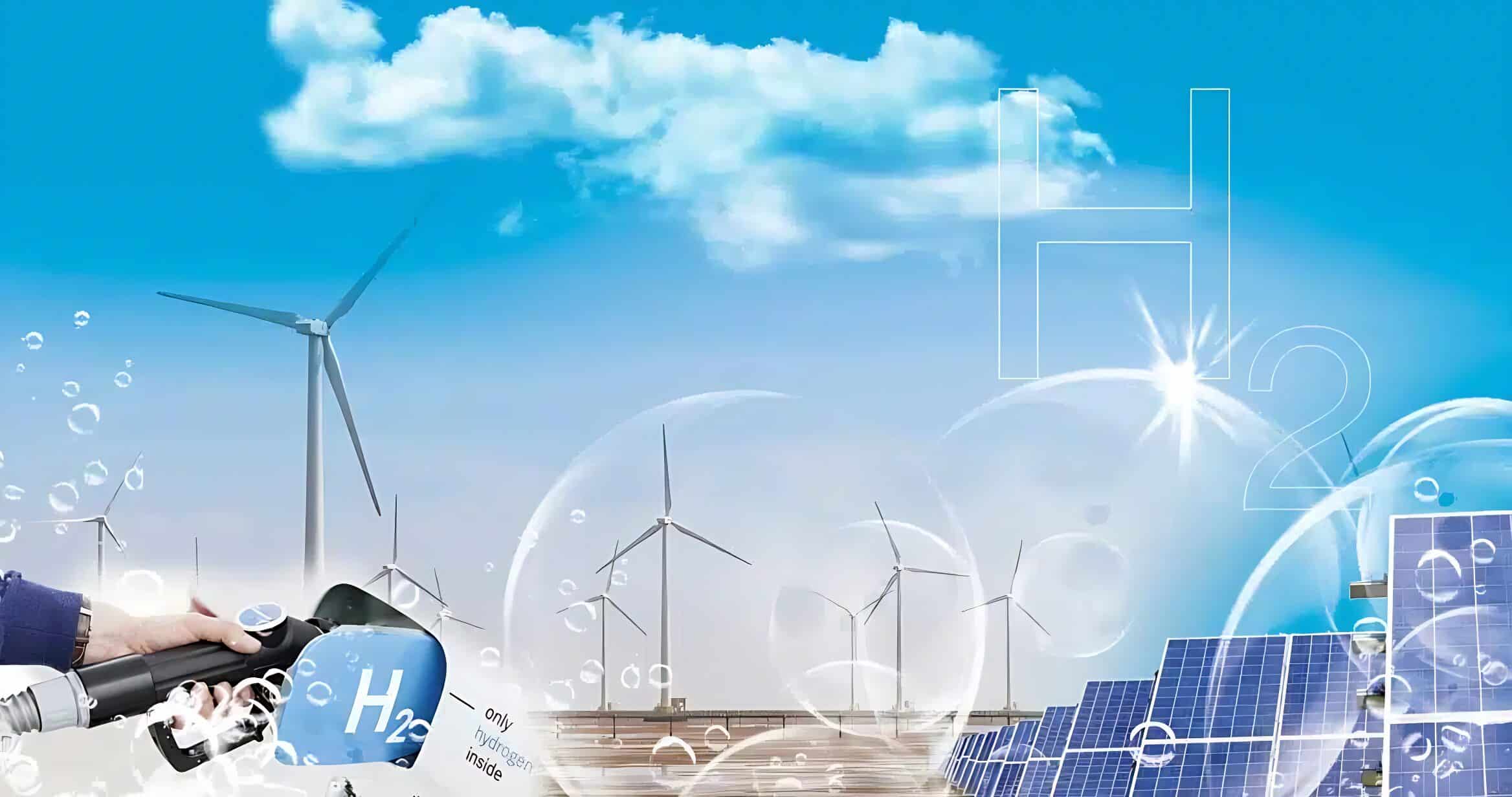It sounds completely contradictory: On the one hand, the German government approves a “hydrogen acceleration law” while on the other hand it appears the German transportation ministry is intent on doing everything it can to derail hydrogen. It comes as no surprise, then, that the whole German energy industry seems insecure at the moment.
Investment decisions are still not being taken, initial projects are being canceled and sales of hydrogen and H2 components are falling. The ramp-up of the promised hydrogen economy is stalling (see p. 28). Industry representatives and associations have been complaining about the desolate situation for months and are resorting to sending pleading letters to politicians (see p. 30) – so far to no obvious effect.
The results of the European elections are fueling this uncertainty still further since the political parties that gained in support are the ones that are in no way inventive. In fact, as far as energy technology and climate policy are concerned, their approach is highly retrograde: The CDU/CSU is stabbing one of its own members, EU President Ursula von der Leyen, in the back with its plan to reverse the already agreed ban on combustion engines – in other words it wants another “phaseout of the phaseout” as it did for nuclear power, something which brought about years of stalemate.
The AfD, which still shows no interest in the climate crisis despite the recent flooding in Germany, received record votes. Ever more German citizens are still denying the increasingly obvious: That the number of extreme weather events is growing dramatically, something which has been scientifically proven to be a direct consequence of global warming. Places where nationalist and right-wing political groups have blocked countermeasures were particularly badly hit, registering fatalities and large-scale damage.
Opinion in Germany, as well as in Europe, is becoming more conservative, although it is precisely this desire to hang on to old, supposedly best practices that is stoking the fire of current crises, rather than protecting us from them. Pretending something doesn’t exist, ignoring it and going about business as usual, is exactly the wrong thing to do, regardless of how loudly you shout or how fervently you cling on.
The good news is that, in spite of everything, the progressive, forward-looking parties have not been discouraged. Those who believe in democratic values and advocate for constructive measures to tackle the climate crisis are doing their best to carry on despite all the obstacles. And if you look at the climate policies of previous years, you’ll see that much has been achieved.
Just the fact that the European Green Deal exists and Europe’s leading political representatives spoke out in favor of an environmental and economic transformation process is a major success story proving that change is possible. At least we are no longer on track to see a temperature rise of 3.5 °C. Thanks to steps already taken, it’s been possible to knock off around 1 °C. That said, we’re still far from reaching the 1.5 °C target, but we’re still on a better path than before.
There’s been some limited success on the political front, too, in that the non-democratic parties received “only” a sixth of the vote – not over a fifth as feared. Reason enough not to lose hope.
As they say, we live in turbulent times. There are always challenges to overcome – some smaller, some bigger. No doubt the current phase we are in is one of those crisis periods that are characterized by huge uncertainties. It affects individuals as much as it does the economy.
Nevertheless, just as there’s no use in individuals avoiding the news and carrying on regardless, there’s no use in industry waiting for better framework conditions to magically materialize.
Likewise politicians should wake up to the fact that the era of simple solutions is most definitely over. It’s fairly easy to say, I’m not going to get involved with the speed limit issue. It’s easy to grumble about a not-quite-perfect process for introducing a heating law. Right now, we don’t need easy solutions.
What we need are courageous decisions, changes, measures that have a good chance of driving us forward, not just in terms of society, but in terms of the economy and climate policy. What we need are people who are prepared to accept responsibility, including the risks, knowing that it won’t be easy and that not everything will work out the first time.
A refusal to act is no longer an option.
Best wishes
Sven Geitmann
Editor of H2-international

